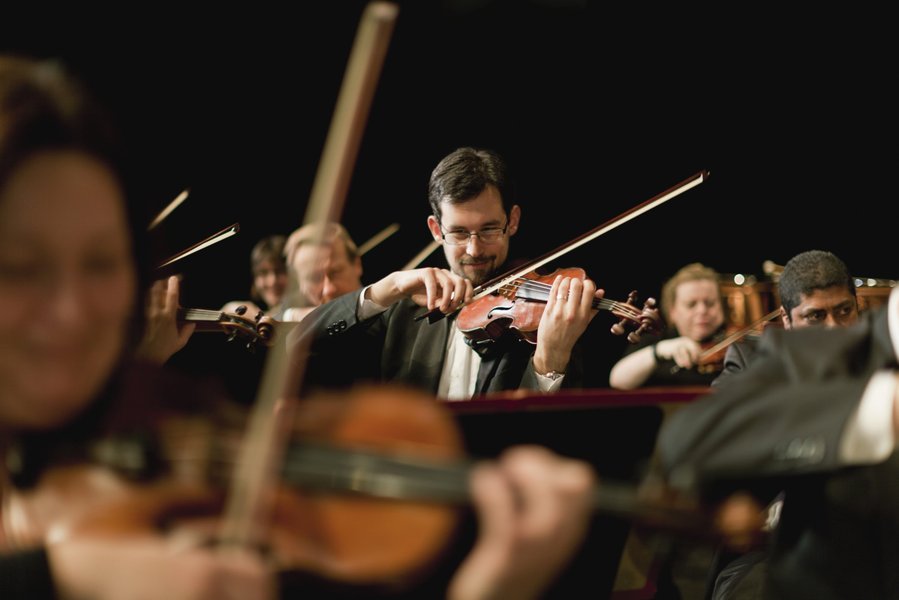Love the opera? Hungry for hip hop? It turns out that your musical likes and dislikes may say more about you than you think, according to UBC research.
Even in 2015, social class continues to inform our cultural attitudes and the way we listen to music, according to the study, which was recently published in the Canadian Review of Sociology.
“Breadth of taste is not linked to class. But class filters into specific likes and dislikes,” said Gerry Veenstra, study author and professor at UBC’s Department of Sociology.
The study involved nearly 1,600 telephone interviews with adults in Vancouver and Toronto, who were asked about their likes and dislikes of 21 musical genres. Veenstra himself is partial to easy listening, musical theatre and pop.
Poorer, less-educated people tended to like country, disco, easy listening, golden oldies, heavy metal and rap. Meanwhile, their wealthier and better-educated counterparts preferred genres such as classical, blues, jazz, opera, choral, pop, reggae, rock, world and musical theatre.
The research touches on a hotly debated topic in cultural sociology: whether one’s class is accompanied by specific cultural tastes, or whether “elites” are defined by a broad palette of preferences that sets them apart.
The study determines that wealth and education do not influence a person’s breadth of musical taste. However, class and other factors — such as age, gender, immigrant status and ethnicity — shape our musical tastes in interesting and complex ways.
What people don’t want to listen to also plays a key role in creating class boundaries. “What upper class people like is disliked by the lower class, and vice versa,” said Veenstra.
For example, the least-educated people in the study were over eight times more likely to dislike classical music compared to the best-educated respondents. Meanwhile, lowbrow genres such as country, easy listening and golden oldies were disliked by higher-class listeners.






